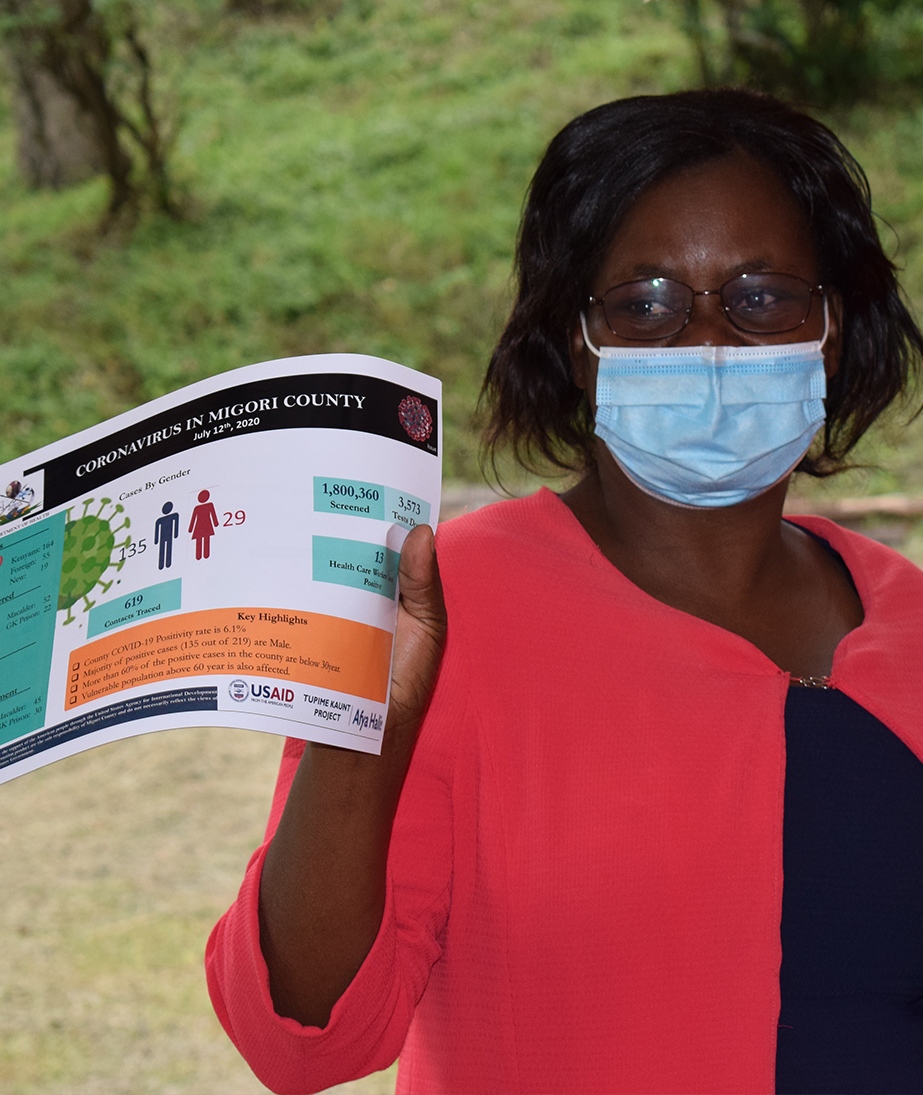Partnerships established
Establishing partnerships, creating new connections, building relationships, and forming alliances is crucial to ensuring that our global work is successful. And, as the world witnessed this year, it was critical partnerships across sectors, countries, and governments that delivered a COVID-19 vaccine in record time.
Within each of our projects, we have a unique blend of partner organisations to deliver and address the problem at hand. In total, we work with over 1,000 organisations ranging from large multinational corporations to local citizen groups. Our role is to bring these groups together, identify their unique contribution, and to forge ahead. These relationships anchor our programs, ensuring that we combine the best local solutions with our expertise in international best practices.
As the world scrambled to access life-saving personal, protective equipment, we partnered with the Australian government to procure and deliver scarce supplies to frontline healthcare workers in 21 countries throughout the Asia-Pacific region. Our network of local offices, relationships, and partnerships proved invaluable in ensuring each country received exactly what was needed in their fight against COVID-19.
CASE STUDY
Tupime Kaunti
Location: Kenya Client: United States Agency for International Development (USAID)
Data is not often the first thing associated with creating health impact, but in Kenya, our Tupime Kaunti project is supporting the Kenya Health Sector Monitoring and Evaluation Framework to improve decision-making and accountability in the health sector. We work closely with county governments to strengthen and empower health management teams with quality health focussed data that informs anti-malaria programming, maternal and newborn health measures, and COVID-19 programs and monitoring.
Through mentorship programs, training, technical assistance, and data surveillance, Tupime Kaunti has implemented innovative solutions like information dashboards for tracking malaria, and training hospital staff on standardised national guidelines for health information systems. In many of the cases, keeping these systems up to date and following up on data reviews translates to patient care in positive ways.
In one county where Tupime Kaunti provided training, the hospital established a consultant hotline for maternity nurses to use during an emergency to call senior doctors or nurses. After data and death reviews revealed that most maternal or newborn deaths occurred due to delays in women seeing their obstetrician, the hotline was established to cut through a previously bureaucratic process, effectively saving lives, preventing countless unnecessary deaths, and dropping the stillborn birth rate well below the national average, from 30 per 1,000 births to 16 in the span of a year.

